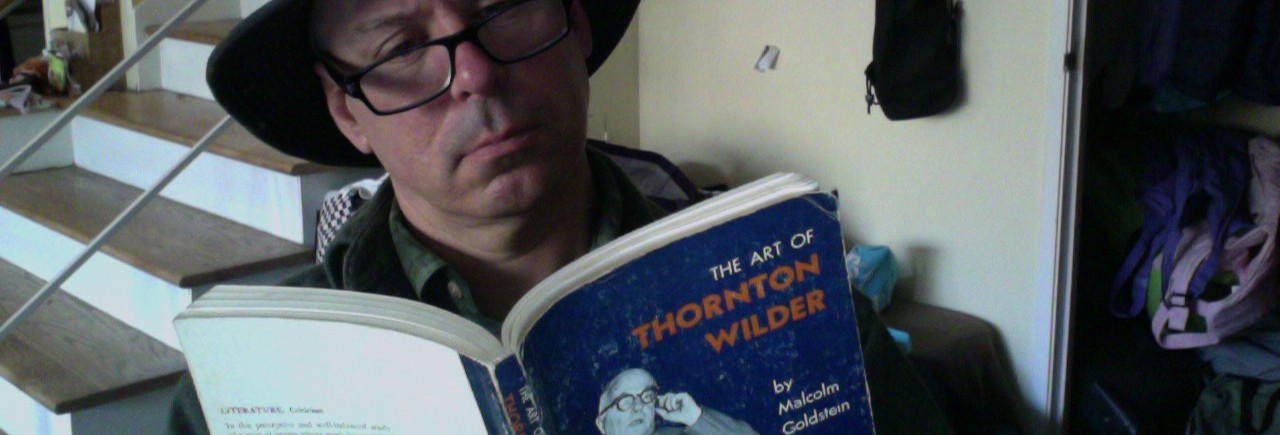
There’s a streaming rerun of BBC Radio’s 1992 adaptation of Dario Fo’s Accidental Death of an Anarchist. If you don’t know the play, it’s simply one of the greatest political comedies of the 20th century.
On my internet radio, where BBC Radio 4 Extra is its own channel and where programs are archived for a week before being removed, today (Saturday the 31st) is the last day to play it on that particular machine. But the show is apparently up for another 23 days on the BBC Radio 4 homepage, http://www.bbc.co.uk/programmes/b01s63cx
Yale Rep and Berkeley Rep theatergoers have a fresh memory of the play, thanks to Christopher Bayes & Steven Epps colorful 2013 production, adapted by Gavin Richard from a translation by Gillian Hanna. I wrote about that production here and here.
The BBC version is adapted by Jeremy Hardy, whom I’ve admired for years for his brilliant exasperated rants on the BBC’s longrunning News Quiz program, the far superior precursor of NPR’s Wait Wait Don’t Tell Me. Like Bayes and Epps, Hardy uses the Gavin Richard stage version as his jumping-off point. Unlike the Yale Rep production, Hardy presents the two alternate endings to the play, with a stated preference for the one in which the journalist escapes and the evildoers are done in.
This radio production of Accidental Death of an Anarchist is distinguished by its use of a couple of key members of the legendary Comic Strip collective which dominated British comedy in the 1980s and ‘90s. Adrian Edmondson (of The Young Ones) is the Maniac and Jennifer Saunders (AbFab) is the journalist Maria Feletti. There’s also a refreshing attempt to balance the male overload in the casting, making the Superintendent a woman here. She’s played by Jill Gascoine, who’d starred as a detective in the ITV series The Gentle Touch.
On radio, the thing moves like an antic sitcom. Fo’s dialogue (reworked by Hardy) is mad and demonstrative. You don’t really miss the physical slapstick.
Every production of Accidental Death of an Anarchist reflects the political values and power abuses of its time. Epps’ rendition references privacy concerns in the internet age. Hardy’s, while not graphic, is about police brutality and how shamelessly the authorities cover up their misdoings and oversteppings. There are references to criminal gangs and Parliament.
What’s remarkable is that Fo’s play still holds up as a comical condemnation of a single real-life incident in 1969 Milan, when a suspected bank-bomber died from falling out of an open window in the police station.
The play still smolders with resentment over the death of Giuseppe Pinelli, yet can handle all the anger over similar abuses over the past four decades. It’s a universal protest statement, and its constant indignation, even in a mainstream radio version from a quarter century ago, is palpable.
